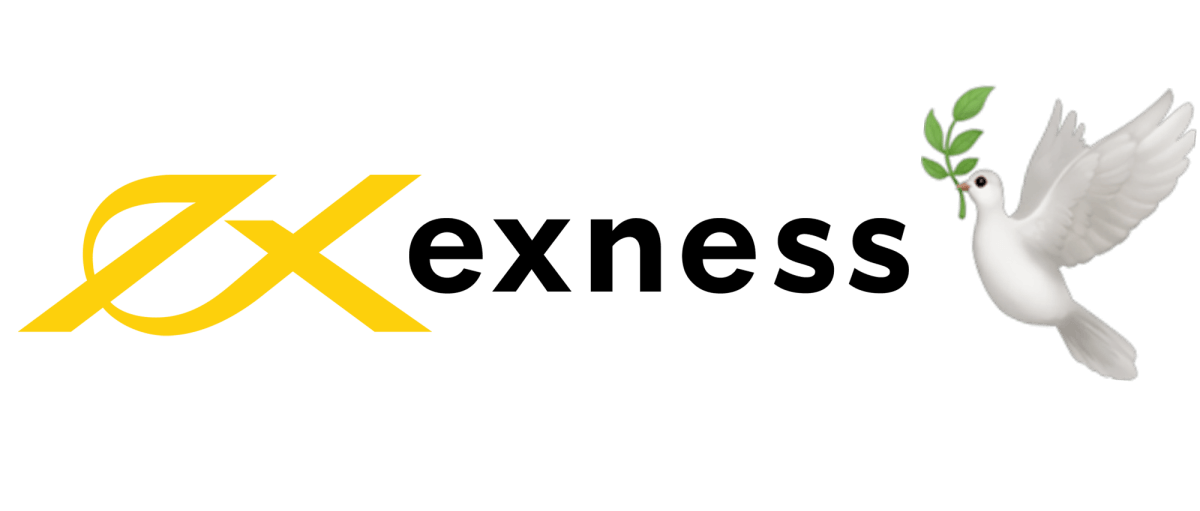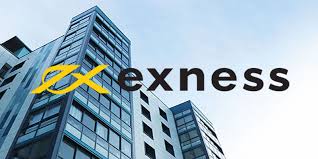- by 横川光恵
- 2025年9月14日
Understanding Exness Commodities Trading Insights and Strategies

Understanding Exness Commodities: Trading Insights and Strategies
As the global economy continues to evolve, commodities trading on platforms like Exness has become increasingly popular among investors. exness commodities تطبيق Exness offers users a unique opportunity to engage with various commodities, making it essential for traders to understand the market context, strategy implications, and risk management involved in trading such assets.
What Are Commodities?
Commodities are raw materials or primary agricultural products that can be bought and sold. They are often divided into two categories: hard commodities and soft commodities. Hard commodities are natural resources that are mined or extracted, such as gold, oil, and metals. Soft commodities are agricultural products or livestock, such as corn, soybeans, and coffee.
Types of Commodities Available on Exness

Exness provides a robust selection of commodities for trading. Understanding the types available can help traders make more informed decisions.
- Energy Commodities: This includes crude oil, natural gas, and heating oil. The energy market is highly volatile, influenced by geopolitical events, production levels, and seasonal demand.
- Precious Metals: Gold and silver are the primary precious metals traded on Exness. Gold, often viewed as a safe-haven asset, attracts investors during times of economic uncertainty.
- Base Metals: This category includes copper, aluminum, and nickel. These metals are essential for industrial processes and economic stability.
- Agricultural Commodities: Crops such as wheat, corn, and soybeans are crucial for food supply chains and significantly impacted by weather conditions, trade policies, and consumer demand.
How to Trade Commodities on Exness
To successfully trade commodities on Exness, traders should consider the following steps:
- Open a Trading Account: Sign up for an account on the Exness platform, providing necessary documentation and agreeing to the terms of service.
- Fund Your Account: Deposit funds into your trading account using various available payment methods.
- Choose Your Commodities: Explore the commodities section within the platform and select the ones you wish to trade based on your market analysis.
- Conduct Market Analysis: Utilize both fundamental and technical analysis to inform your trading decisions. Historical price patterns, global economic indicators, and commodity reports should be part of your analysis.
- Manage Your Risk: Use risk management tools available on Exness, such as stop-loss orders and take-profit strategies to minimize potential losses.
- Execute Your Trades: Make use of the تطبيق Exness for mobile trading, allowing you to execute trades on-the-go.
Trading Strategies for Commodities

Developing a comprehensive trading strategy is crucial. Here are some effective strategies to consider:
- Trend Following: This strategy involves identifying and following the direction of the market trend. Traders use moving averages to spot trends and make trades accordingly.
- Breakout Trading: This strategy focuses on entering trades as prices break out of established support or resistance levels. Successful breakouts can lead to significant price movements.
- Hedging: Hedging is a risk management strategy that involves taking an opposite position in a related market to offset potential losses. Commodities can be hedged with options and futures contracts.
- Fundamental Analysis: Analyzing factors like supply and demand, weather conditions, and geopolitical developments can provide insights into commodity price movements. Traders who stay informed about market news will have an advantage.
Risks Involved in Commodity Trading
While trading commodities can be profitable, it also comes with inherent risks. Understanding these risks can prepare traders for potential downtrends.
- Market Volatility: Commodities can experience rapid price fluctuations due to various factors, including supply shortages, political instability, and economic changes.
- Leverage Risk: Trading with leverage can amplify both gains and losses. Traders must use leverage carefully to avoid significant financial strain.
- Liquidity Risks: Certain commodities may have lower liquidity compared to others, which can affect the ease of executing trades at desired prices.
- Global Economic Factors: Economic reports and changes in government policy can greatly affect commodity prices. Keeping abreast of global events is crucial for traders.
Conclusion
Exness commodities trading offers a diverse world of opportunities for investors looking to engage with essential market assets. The ability to trade energy, precious metals, base metals, and agricultural products through platforms like Exness equips traders with a unique advantage. By developing sound strategies, performing thorough analyses, and understanding the risks involved, traders can navigate the commodities market more effectively. Remember to enhance your trading experience with tools like the تطبيق Exness to stay connected and responsive to market changes.